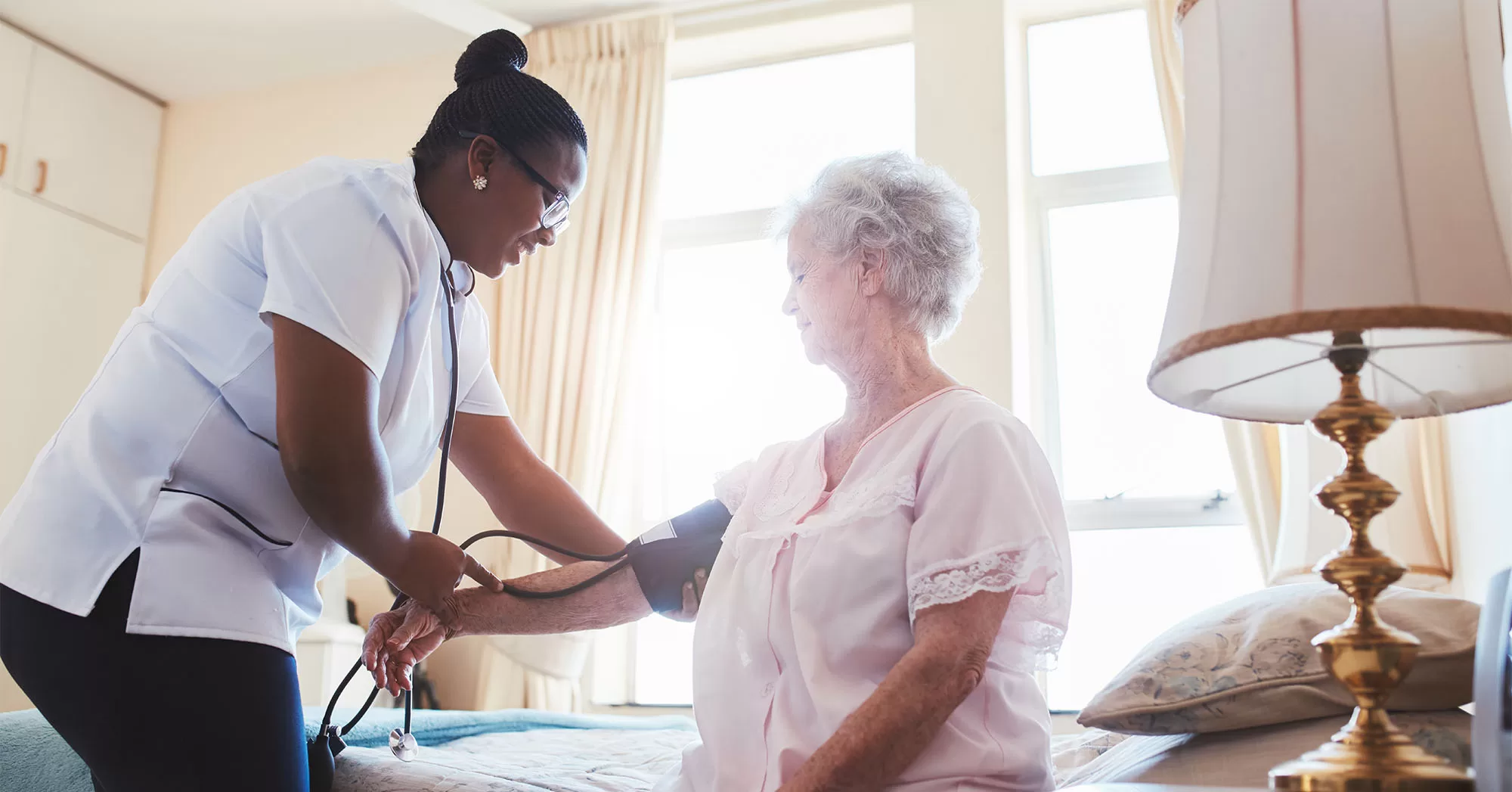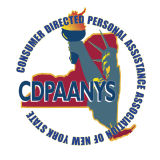We are all happy to welcome the beautiful, warm weather to New York. As the weather continues to get warmer, it is important to remember that the heat can be dangerous for specific individuals. We need to make sure that we take preventative measures to avoid heat-related illnesses. With the COVID-19 pandemic and the recommendations to stay home, there is an even higher risk for individuals who do not have air conditioning in their homes.
Before the pandemic, 30% of low-income households lacked air conditioners. Unfortunately, air conditioner ownership may decline due to the increase in unemployment. Staying indoors without air conditioning can increase the risk of heat-related illnesses. Electric fans do not provide enough cooling during sweltering weather. Heatwaves and extreme heat events can kill more New Yorkers, on average, than any other severe weather. Hot weather can cause a heat-related illness or make a preexisting condition even worse.
You are a high-risk individual for heat-related illnesses if you:
• Are 65 years old, or older
• Have a chronic health condition (heart disease, breathing problems, kidney disease, obesity, diabetes, or psychiatric illnesses).
• Have a cognitive or developmental deficit.
• Take medications that include diuretics, anticholinergics or neuroleptics
• Have limited mobility
• Live alone
The first step to avoid a heat-related illness it to know the warning signs and symptoms. If you or someone you know has any of the following symptoms, they may be developing a heat-related illness and should get to a cool place, remove extra clothing, and drink lots of water.
Warning Signs and Symptoms:
• Heavy sweating
• Muscle cramps
• Lightheadedness
• Headache
• Decreased energy
• Loss of appetite
• Nausea

Emergency Symptoms, Call 911:
• Hot, dry skin, or cold, clammy skin
• Confusion, hallucinations, and disorientation
• Loss of consciousness or unresponsive
• Vomiting
• Difficulty breathing
• Rapid, strong pulse
• Weakness
• Dizziness
Prevention is the best way to avoid heat-related illnesses and unnecessary trips to the hospital. Below are a few of the most effective ways to prevent yourself or your family members from running the risk of heat-related illness.
Suggestions for high-risk and heat-vulnerable individuals:
♦ Monitor Weather Reports. Heatwaves are not just uncomfortable but can also be dangerous. You should monitor weather alerts and develop a plan for cooling relief during extreme heat.
♦ Air Conditioner Settings. Use an air conditioner if you have one. The suggested setting is 78 degrees or “low” cool to provide comfort, save on electricity costs, and conserve energy.
♦ Drink More. Increase your fluid intake during hot weather, preferably water, but there are other ways to stay hydrated.

♦ Alternative Hydration Options. If you are not able to drink adequate fluids, intravenous (IV) infusion therapy can also prevent heat-related illnesses. True Care can provide at-home IV hydration, which can go under your medical insurance. A nurse can administer IV hydration therapy in the privacy of your home.
♦ Keep Cool. If you don’t have air conditioning, consider family, friends, or neighbors you can visit, even for a couple of hours, during a heatwave. Don’t visit people if they have symptoms of COVID-19 or have tested positive for COVID-19 until their isolation period has ended. If you visit another household, please stay 6 feet away from others and wear a face-covering.
♦ Cooling Centers. New York City public messaging will advertise cooling centers during severe hot weather. Stay out of the sun, if possible, between 10 am and 2 pm.
♦ Buddy System. Have a “Hot Weather Buddy” and check in on each other during scorching heat.
♦ Sun Screen. Wear sunscreen, even on cloudy days. Apply at least 15 minutes before going outdoors and apply to all exposed skin. Reapply every 2 hours, after swimming or sweating.
You can find more ideas and suggestions on the nyc.gov website. For more information about cooling assistance programs in the State of New York, go to ny.gov.









